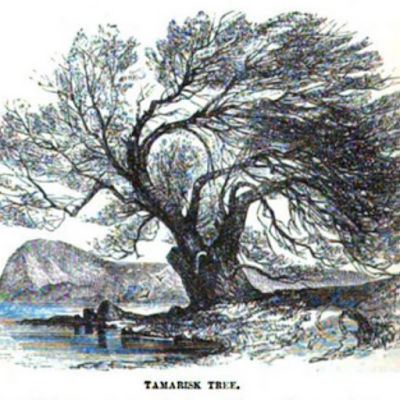I received a text yesterday from someone who said they were not sure they understood repentance as it applies in Scripture. To understand it, it is good to go to the original language used to pen it. In the New Testament repentance is the Greek word μετάνοια (metanoia) which means a change of mind. This change of mind reflects agreement with God. Before I delve deeper, here are a couple of practical examples of what I mean.
Our thought: I am a good person.
God’s thoughts:
“All have turned aside, together they have become useless; There is none who does good, There is not even one” (Psalm 14:3; Romans 3:12).
“And Jesus said to him, “Why do you call Me good? No one is good except God alone” (Mark 10:18).
Our thoughts: I need to clean up my life so I can get to heaven.
“But God demonstrates His own love toward us, in that while we were yet sinners, Christ died for us” (Romans 5:8).
"But as many as received Him, to them He gave the right to become children of God, even to those who believe in His name” (John 1:12).
In these two examples, people think they can earn their way to heaven. One thinks they are good enough, and the other thinks they need to clean up their act for God to love them. When we repent (change our mind and attitude to agree with God), we admit we are sinners (not “good”) and we accept that God loved us while we were sinners, and that Christ died for us because he loved us and because we are sinners. He took our place on the cross, and paid for our sins. And those who believe in Him, by that very act of FAITH, are receiving Him, and become his children, forever.
Define repentance
In the Oxford Dictionary, the definition repent is 1) Feel or express sincere regret or remorse about one’s wrongdoing or sin, 2) View or think of (an action or omission) with deep regret or remorse, 3) Feel regret or penitence about
When we read a Bible translated into our own language, it can confuse things because our understanding is based on what we think the word means. However, when reading something translated from another language, it is wise to dig into the original words and their meanings. In the case of the New Testament, it was penned in Greek, and when you look up the Greek words it clarifies what is being said.
In the New Testament, you will find two different Greek verbs translated repent. One is metamelomai which means a regret or remorse for past actions. We find an example of this in Judas after he betrayed Jesus. He was sorry he did it, but he did not have a change of mind or heart toward God. The other is metanoia which means a change of mind. It is more than sorrow or regret. It is a moving from unbelief to belief. Just like when Abraham, by faith, believed God and it was reckoned to him as righteousness (Gen. 15:6).
In 2 Peter 3:9 Peter says, "The Lord is not slack concerning His promise, as some count slackness, but is longsuffering toward us, not willing that any should perish but that all should come to repentance." The word repent here means change of mind.
Paul explains what this looks like in Eph. 2:8-10. “For by grace you have been saved through faith; and that not of yourselves, it is the gift of God; not as a result of works, so that no one may boast. For we are His workmanship, created in Christ Jesus for good works, which God prepared beforehand so that we would walk in them.” It is only through faith in Jesus (including who he is, the “Lamb of God who takes away the sin of the world” (John 1:29), and all that he taught and did) that we our saved. By God’s grace he offers people the gift of salvation. When we agree with him (change our mind) and accept that gift by faith we are saved. Our lives are changed and continue to change as we grow in him, as we read his Word and continue to renew our minds by the washing of the Word (Rom. 12:1-2).
,






